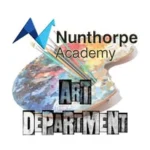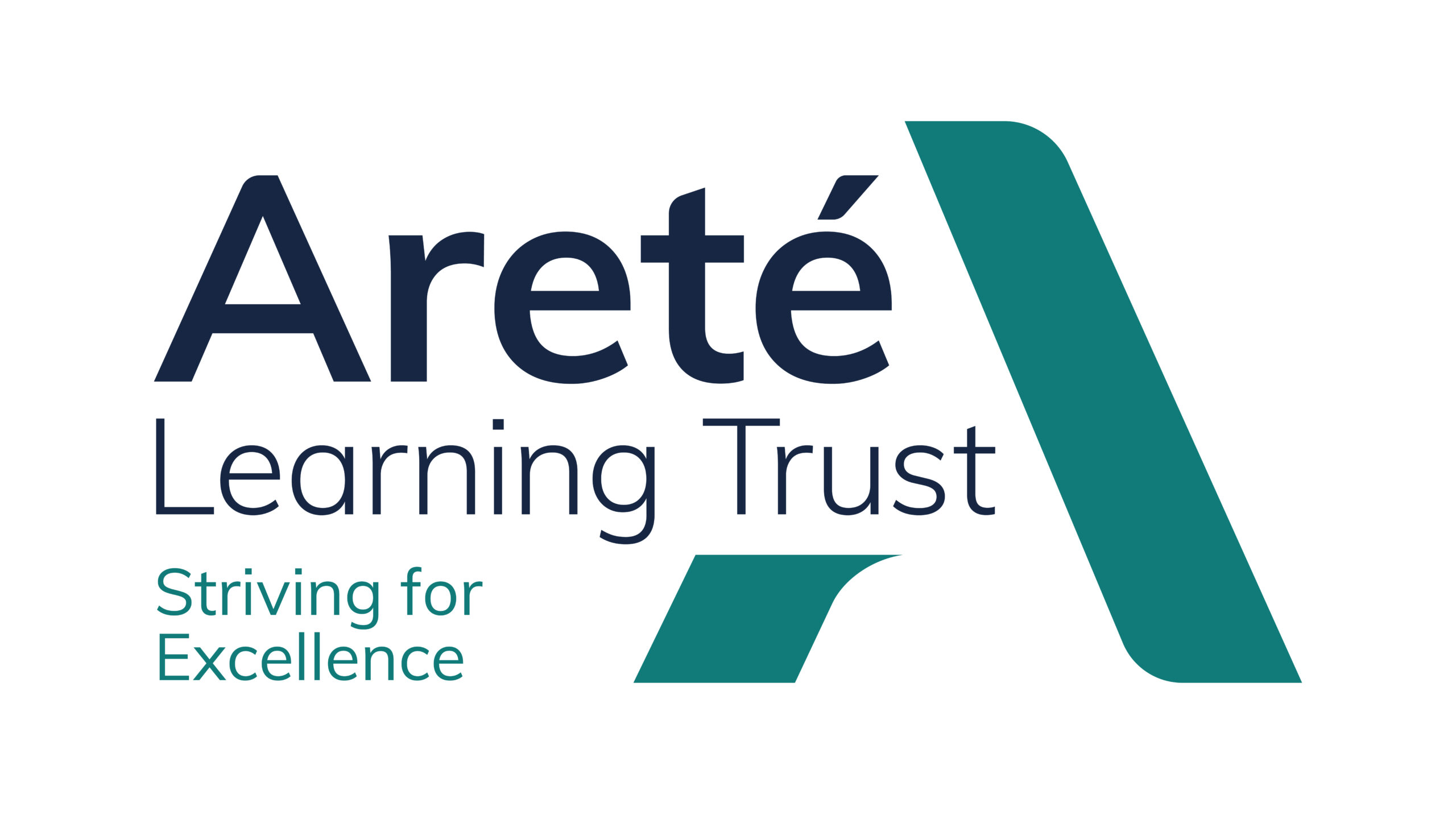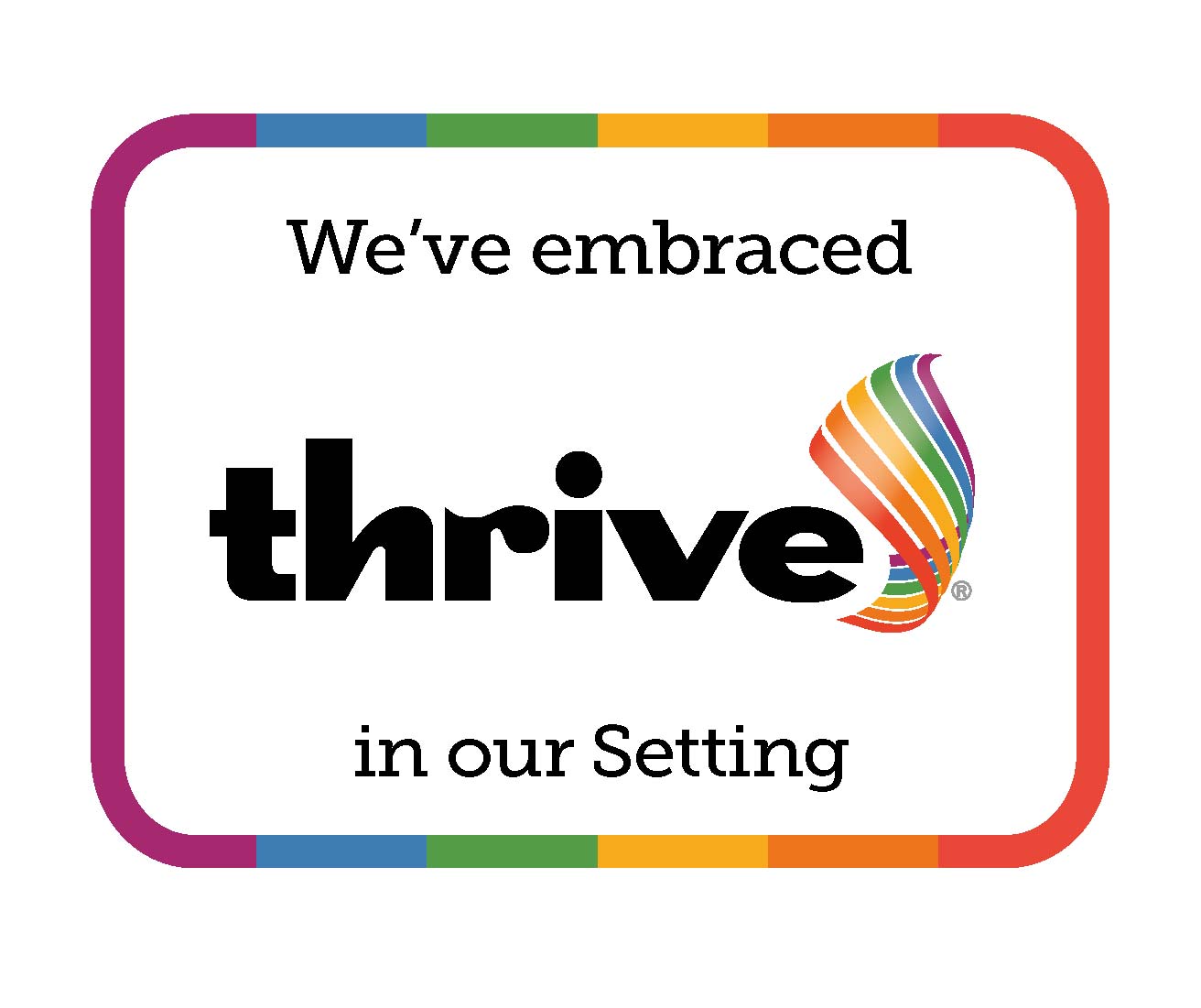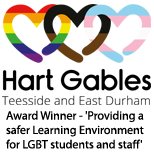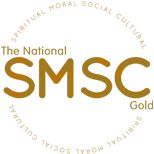
Computing
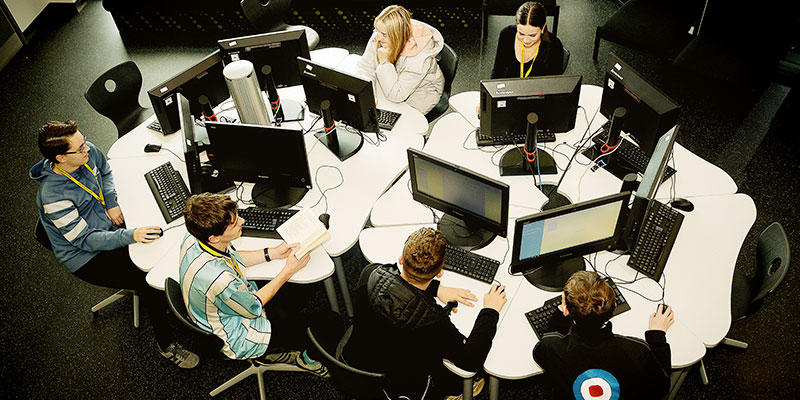
The Computing Department consists of 2 full time teaching staff, delivering 2 subjects across the curriculum.
The Faculty has 4 computer rooms in the main school, two of which are equipped with tables to be used as a classroom and computer room.
Computing Department
Mrs Elizabeth Spencer
Computer Science Teacher
espencer@nunthorpe.co.uk
01642310561 EXT: 1060
Key stage 3
KS3 Computer Science aims to give students a broad range of knowledge. Year 7 and Year 8 are used to introduce ideas and concepts relating to Computer Science. Students look at how information is stored in a computer, how computers can be networked, fundamentals of computers and will begin to learn how to program. Students will start programming using using BBC micro:bits and will progress to Python using EduBlocks. Students will use a range of different software and will learn a variety of ICT skills.
Year 9 is used to build on the knowledge gained in Year 7 and 8 and to go in to the same topics but in more detail to prepare students for GCSE Computing. Students will use Python to develop their programming skills.
The first topic studied by each year group is Digital Resilience. In Year 7 students combine this with looking at how to present information, in Year 8 it is combined with creating a website and Year 9 look at online security threats.
The Learning Journey
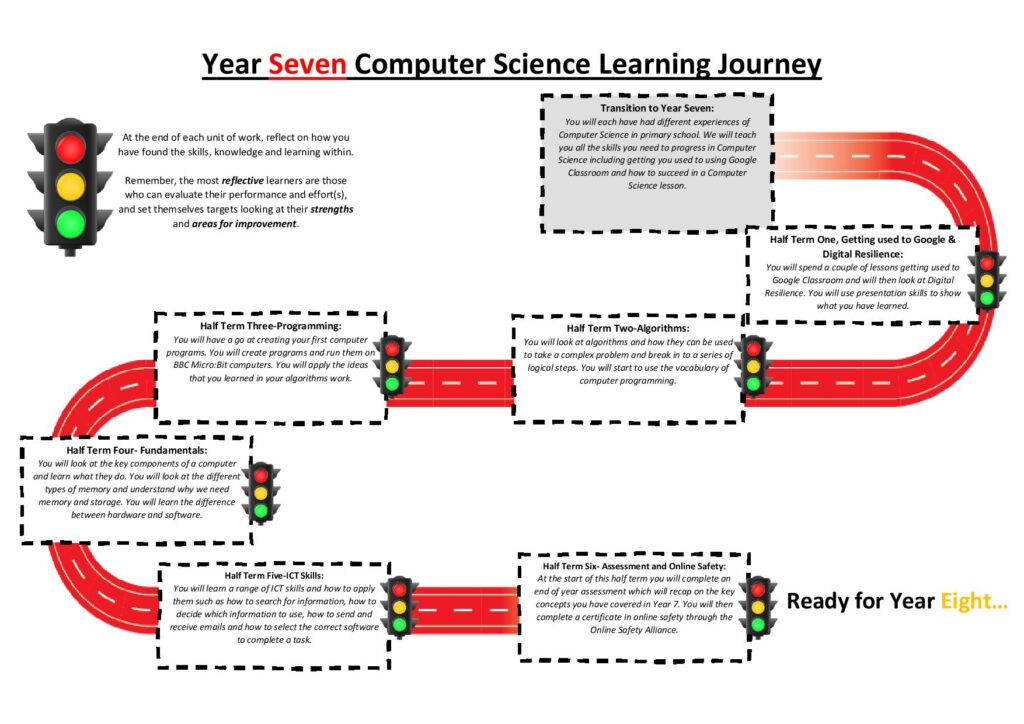
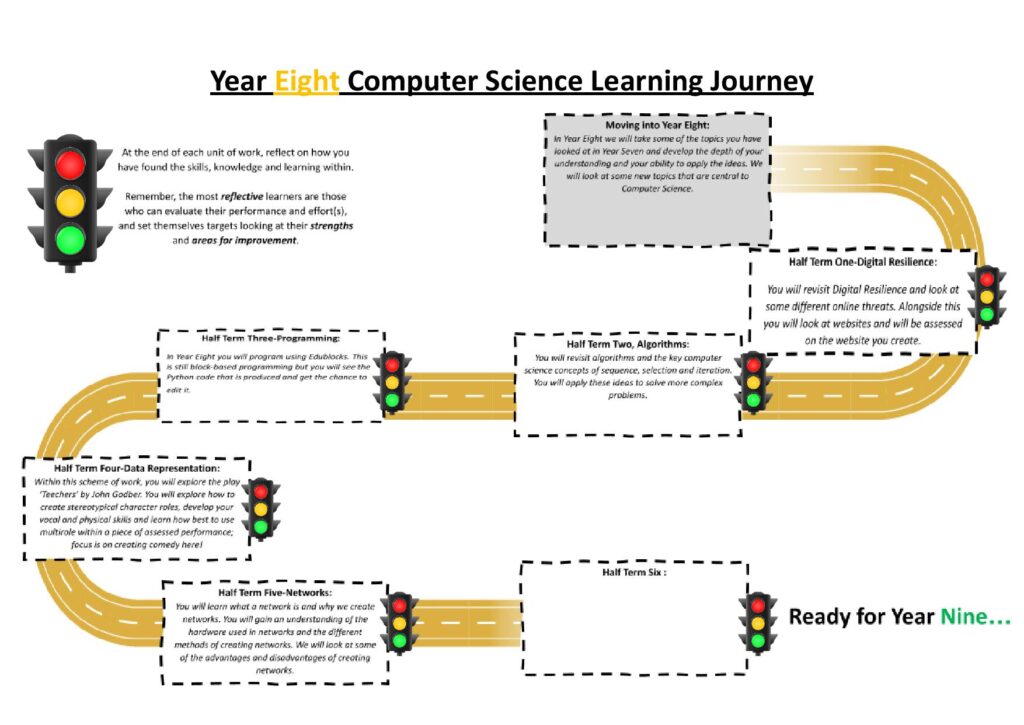
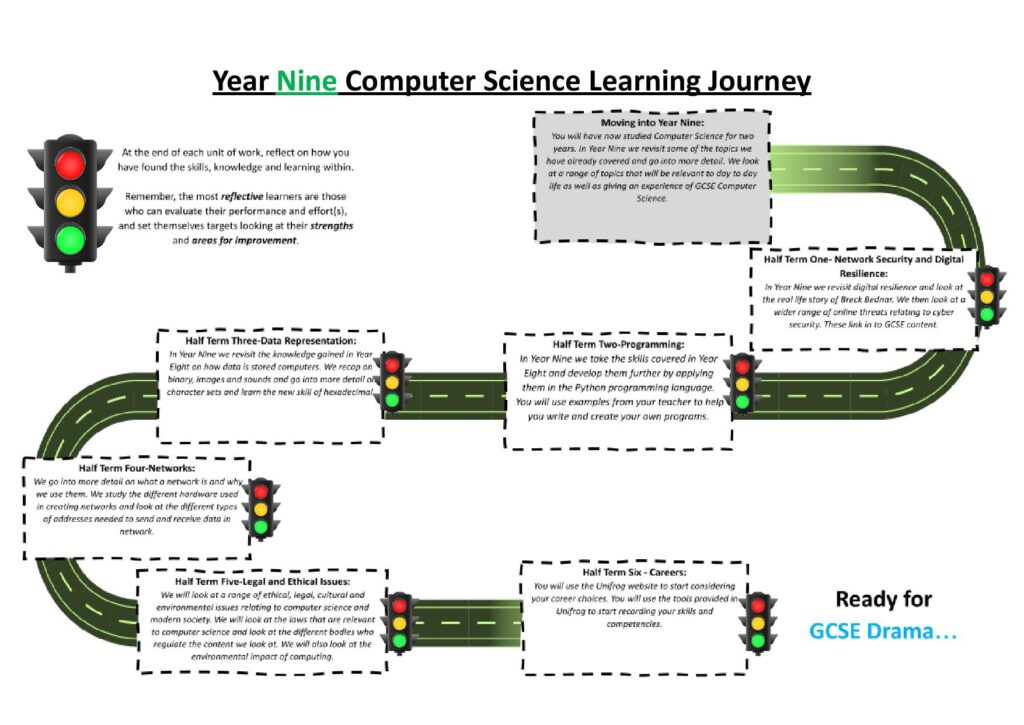
Key stage 4
Students who opt for GCSE Computer Science will study the J277 specification by OCR. Students will receive five lessons a fortnight. Students final grade is 100% exam based, students sit two papers at the end of Year 11, each worth 50% of their grade. For Computer Systems students will learn about the components inside a computer and how they work together, how computers can be networked, security threats and the impacts of technology. For Computational Thinking, algorithms and programming students will learn how to plan, design, implement and test a program. This knowledge is reinforced through practical lessons where students can apply the skills they learn.
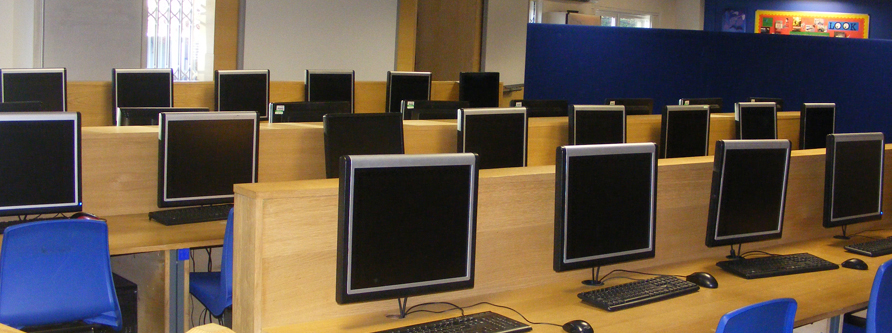
The Learning Journey
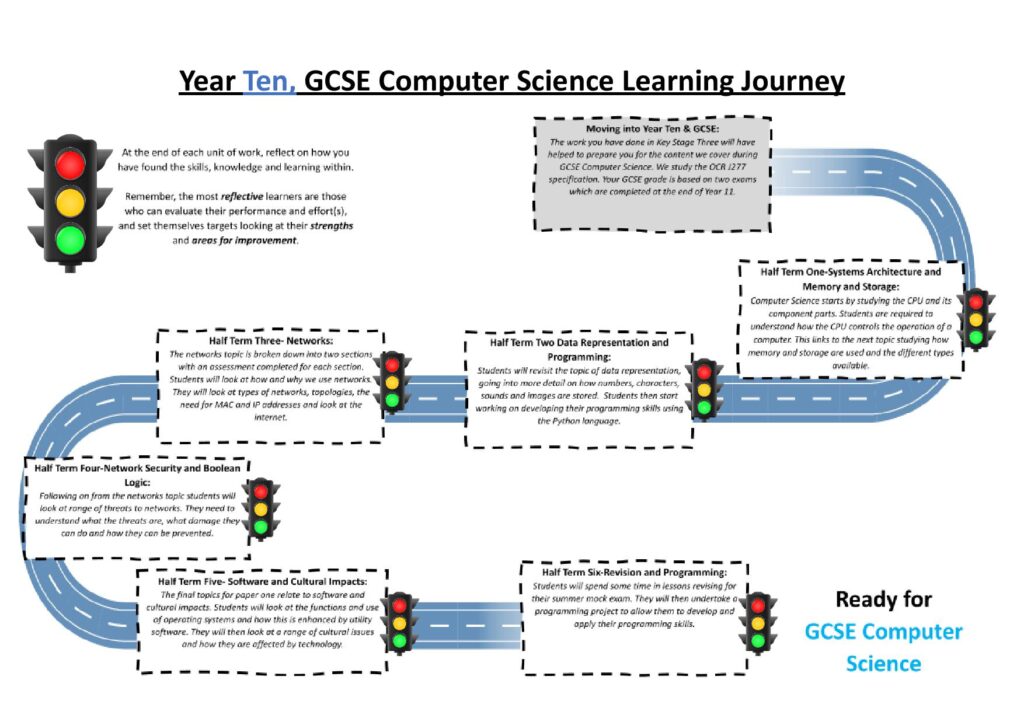
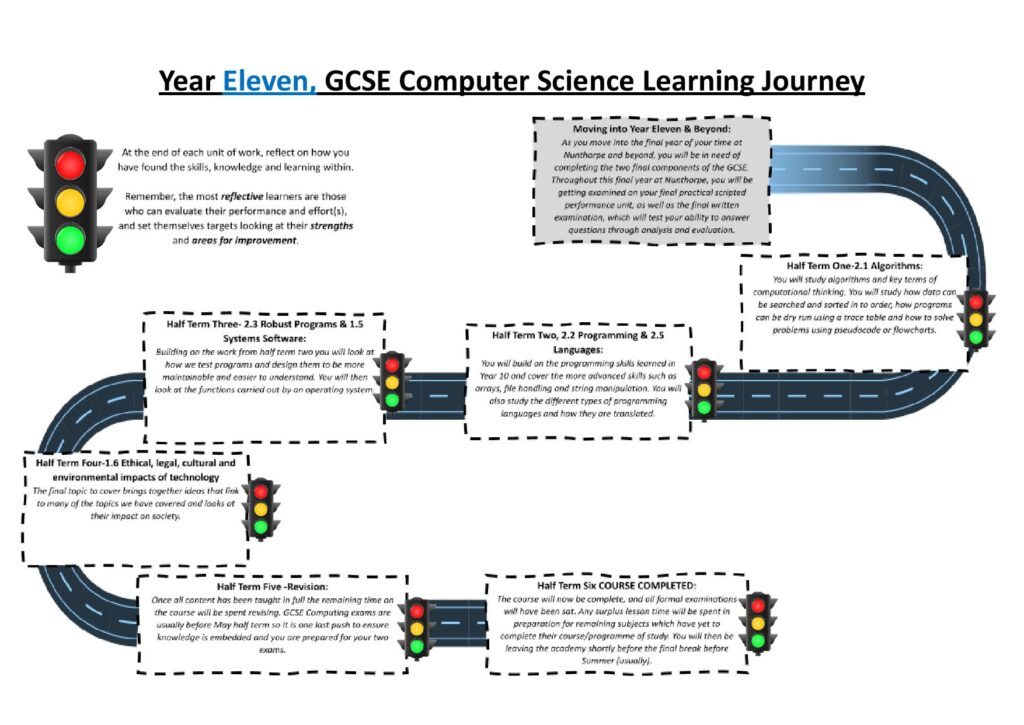
Key stage 5
For Media Studies we offer the AQA 7572 specification. Students will study the four key areas which underpin the course: Media Language, Media Audiences, Media Industries and Media Representations. Students combine this theoretical knowledge with practical skills such as web development and image software. Students complete two exams at the end of Year 13, each exam is worth 35% of the final grade. Students will apply their knowledge to eighteen products set by the exam board. These include: newspapers, magazines, websites, adverts, TV programs, video games and music videos. The final 30% of students is grade comes from a Non Examined Assessment (NEA) also completed in Year 13.
The Learning Journey
This is currently being updated – please check back soon.


